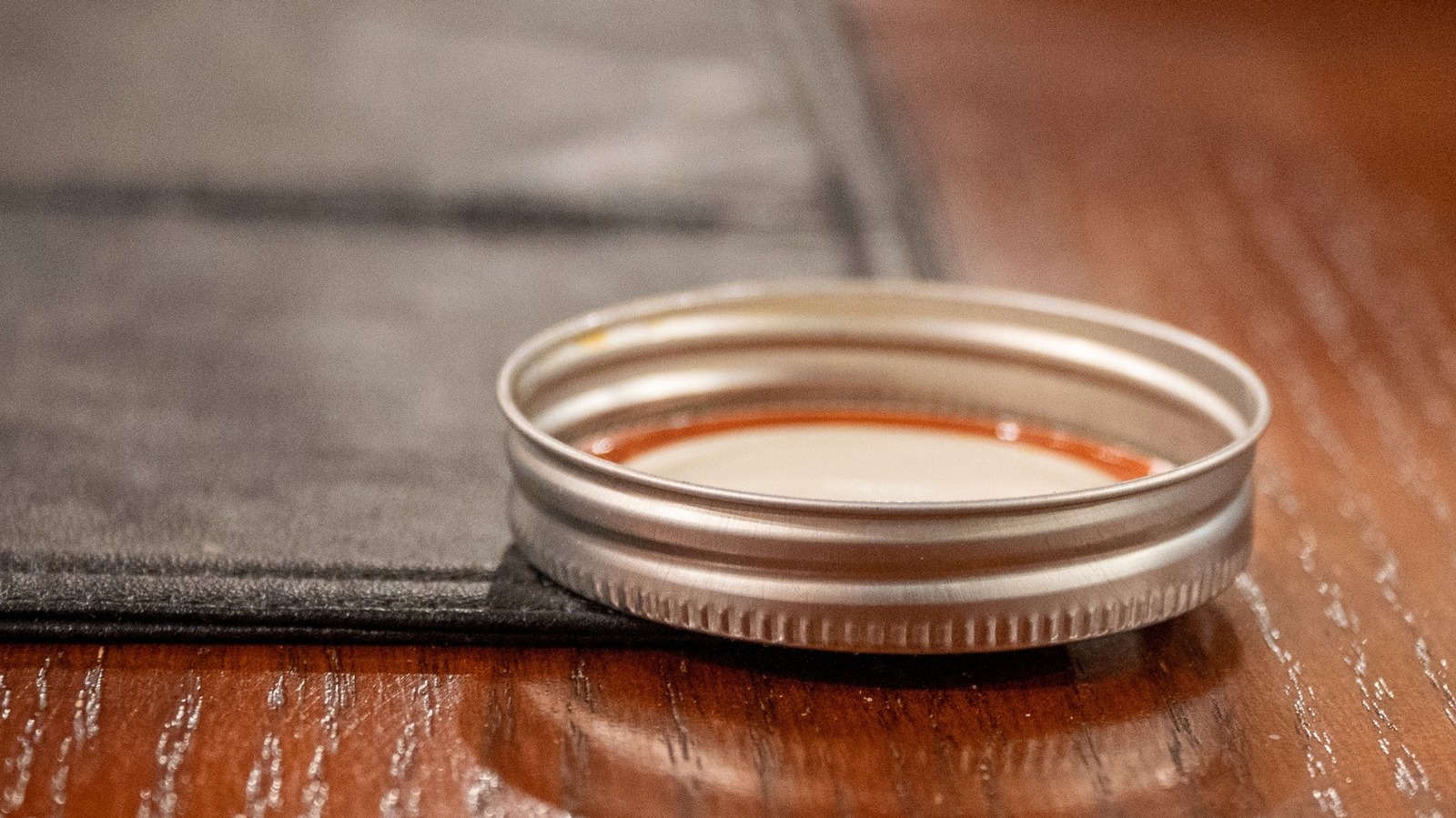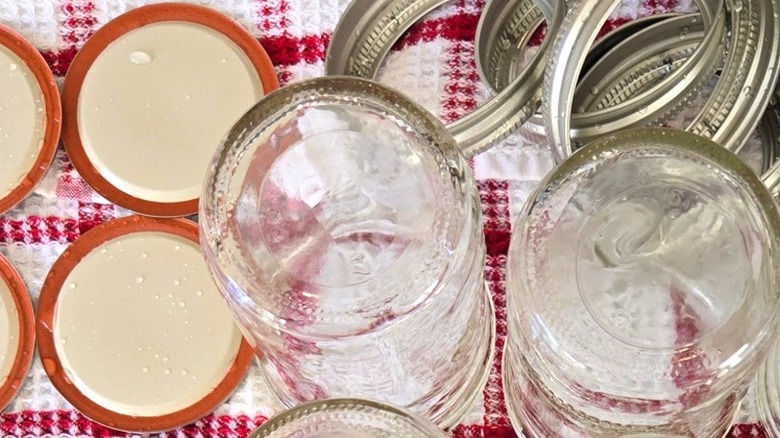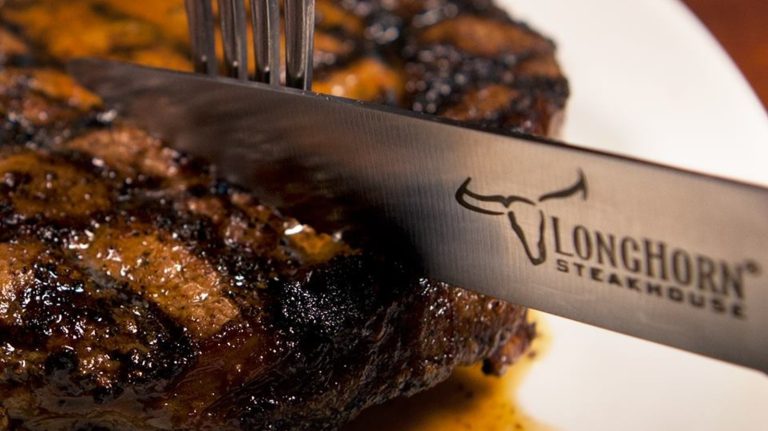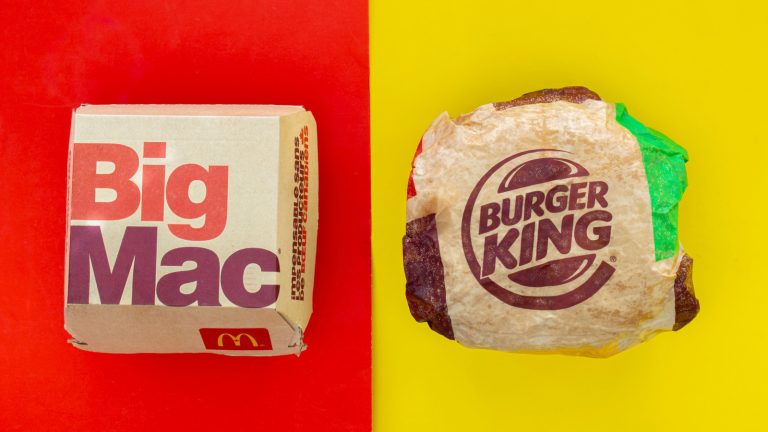We may receive a commission on purchases made from links.
Mason jars are must-have items for your kitchen drawers, as they have nearly endless applications for cooking and storage needs. They’re plastic-free, reusable, and dishwasher safe — for the most part. The glass jar itself can handle the dishwasher and detergent, but not every lid can do the same. Depending on the material of your Mason jar lids, you might need to update your cleaning routine.
Non-canning lids are made of various materials, such as stainless steel, plastic, and wood. Leak-proof plastic lids are generally dishwasher-safe. Plastic is durable enough to withstand water and most antibacterial cleaners, and this material is good for jars in the pantry, fridge, or freezer — the same can’t be said for other Mason jar lids.
Dishwashers and strong antibacterial cleaning pods can be corrosive to metal lids, and these conditions can cause wood lids to warp and crack. The care routine for wood cutting boards and utensils can be applied to wood jar lids. Scrub them with warm water and gentle dish (or castile) soap, sanitize with diluted white vinegar or 3% hydrogen peroxide, lightly rinse, and dry with a cloth. For metal lids, you can use the same steps or shortcut by using an antibacterial dish soap with warm water before drying. Proper washing by hand will prevent mold from forming without causing damage to the wood, and it’ll keep metal lids rust-free.
What you should know about Mason jar lids for canning
Mason jar lids designed for the purpose of canning food require a different mentality altogether. Canning lids are one of the most common types, and they come with two components: the thin metal disc with a sticky underside, and the band that attaches and screws it onto the glass. The disc’s adhesive molds to the exact shape of the jar, creating an air and water-tight seal that can last for years. In order to preserve food properly, you have to heat the glass jar in boiling water to sterilize it. Once it’s removed from the water and the food is placed inside, the lid goes on top of the warm rim, binding itself to the glass through the adhesive.
Lids meant for long-term food preservation through canning are not reusable (for that purpose). Washing the lid in any capacity strips the adhesive, making it ineffective for long-term food preservation and storage. You’re free to give these lids new life by using them as muffin tins or recycling them if eligible. In these instances, follow the aforementioned guidelines for metal and wood lid upkeep. There are also canning lids sold separately from the jar, so you can reuse the glass component as many times as needed. Most kitchen supply retailers have individual canning lids available online and in-store, such as the Ball Regular Mouth Mason Glass Jar Lids.






